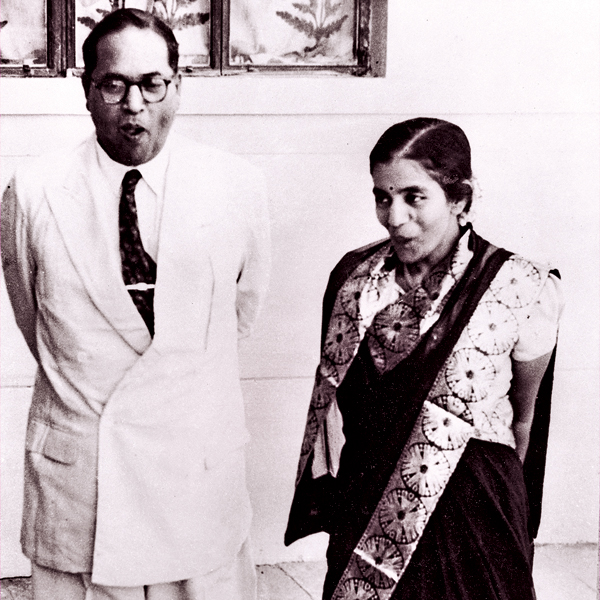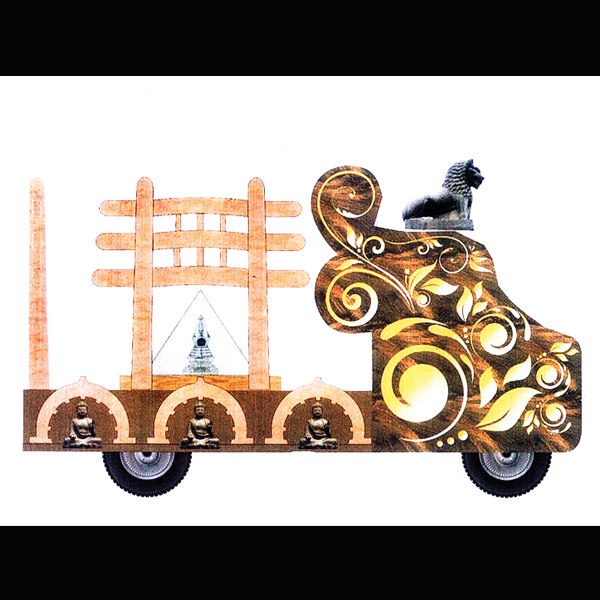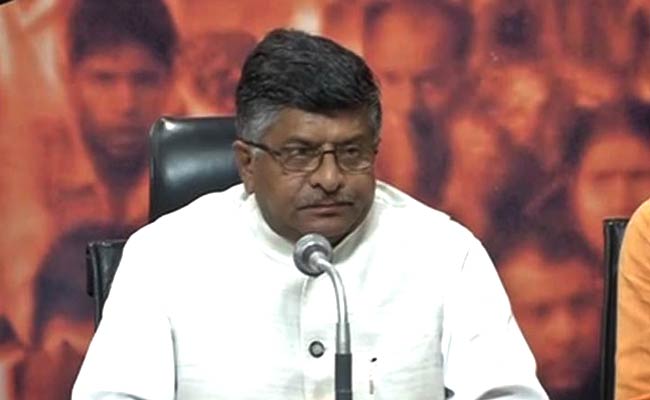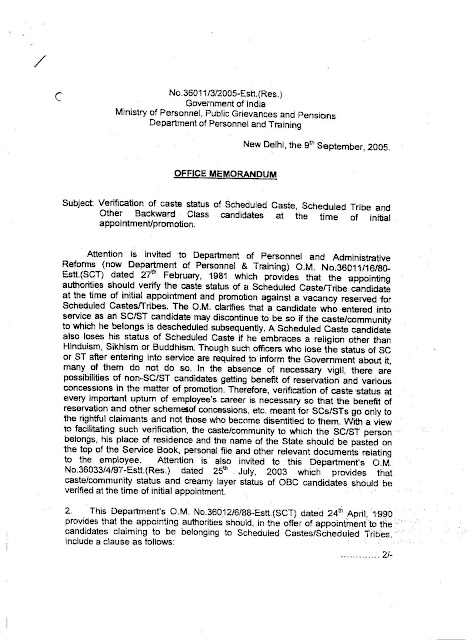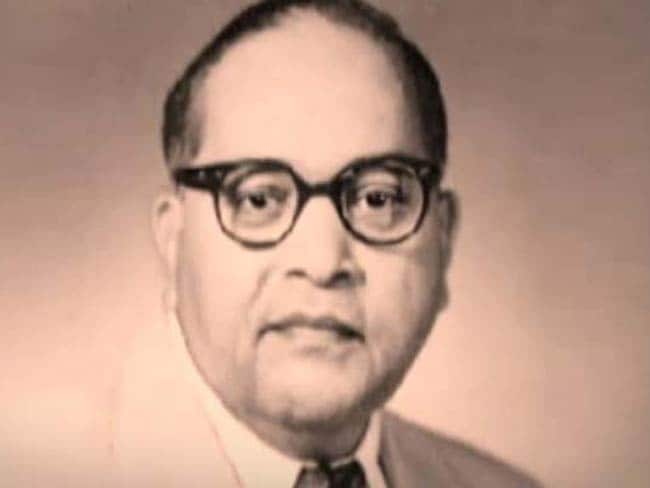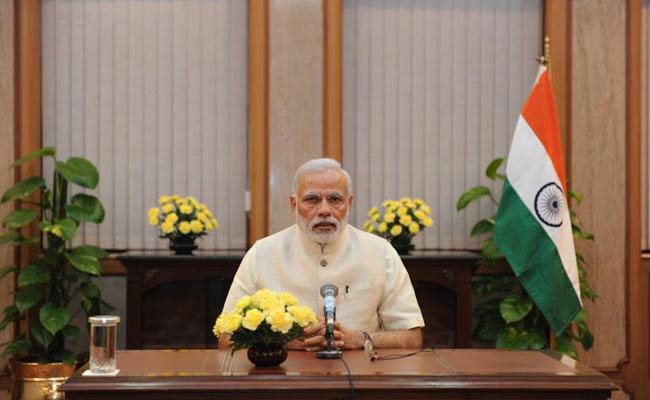
Prime Minister Narendra Modi will inaugurate Ambedkar Memorial during UK visit.
New Delhi:
In an effort to reach out to the Dalits, Prime
Minister Narendra Modi today invoked BR Ambedkar in the context of his
upcoming trip to Britain, saying he was excited about it as he would be
visiting the Dalit icon's house there.
"A day after Diwali (November 11), I am going to Britain.... I am excited about my visit to Britain and the reason for it is special. A few weeks back, I had gone to Mumbai to lay foundation stone for a big memorial for Ambedkar....
"Now, in London, I will formally inaugurate the house where Dr Babasaheb Ambedkar lived, which recently became Indian government's property and a place of inspiration for 125 crore Indians," he said.
On his first visit to Britain, Prime Minister Modi is expected to have a two-day stay there before travelling to Turkey to attend the G-20 Summit. During his visit to Britain, he will hold talks with Prime Minister David Cameron and meet other leaders besides addressing the Indian diaspora at Wembley stadium.
He noted that the issue related to acquisition of 'Ambedkar House' had been entangled for several years and now it is the property of 125 crore Indians.
"When Ambedkar's name is associated, you can imagine how much happiness people like me have," the Prime Minister said.
He said Ambedkar was an inspiration for the dalits, the oppressed, the deprived, the backwards and all other Indians who live a difficult life that if there is will power, one can make progress in life and get educated. "This is the place (in London) where Ambedkar did his devotion."
The Prime Minister said the central government also encourages capable Dalit youth.
"A day after Diwali (November 11), I am going to Britain.... I am excited about my visit to Britain and the reason for it is special. A few weeks back, I had gone to Mumbai to lay foundation stone for a big memorial for Ambedkar....
"Now, in London, I will formally inaugurate the house where Dr Babasaheb Ambedkar lived, which recently became Indian government's property and a place of inspiration for 125 crore Indians," he said.
On his first visit to Britain, Prime Minister Modi is expected to have a two-day stay there before travelling to Turkey to attend the G-20 Summit. During his visit to Britain, he will hold talks with Prime Minister David Cameron and meet other leaders besides addressing the Indian diaspora at Wembley stadium.
He noted that the issue related to acquisition of 'Ambedkar House' had been entangled for several years and now it is the property of 125 crore Indians.
"When Ambedkar's name is associated, you can imagine how much happiness people like me have," the Prime Minister said.
He said Ambedkar was an inspiration for the dalits, the oppressed, the deprived, the backwards and all other Indians who live a difficult life that if there is will power, one can make progress in life and get educated. "This is the place (in London) where Ambedkar did his devotion."
The Prime Minister said the central government also encourages capable Dalit youth.
Courtesy:ndtv.com




